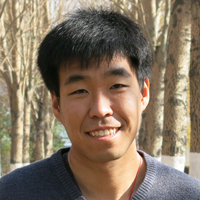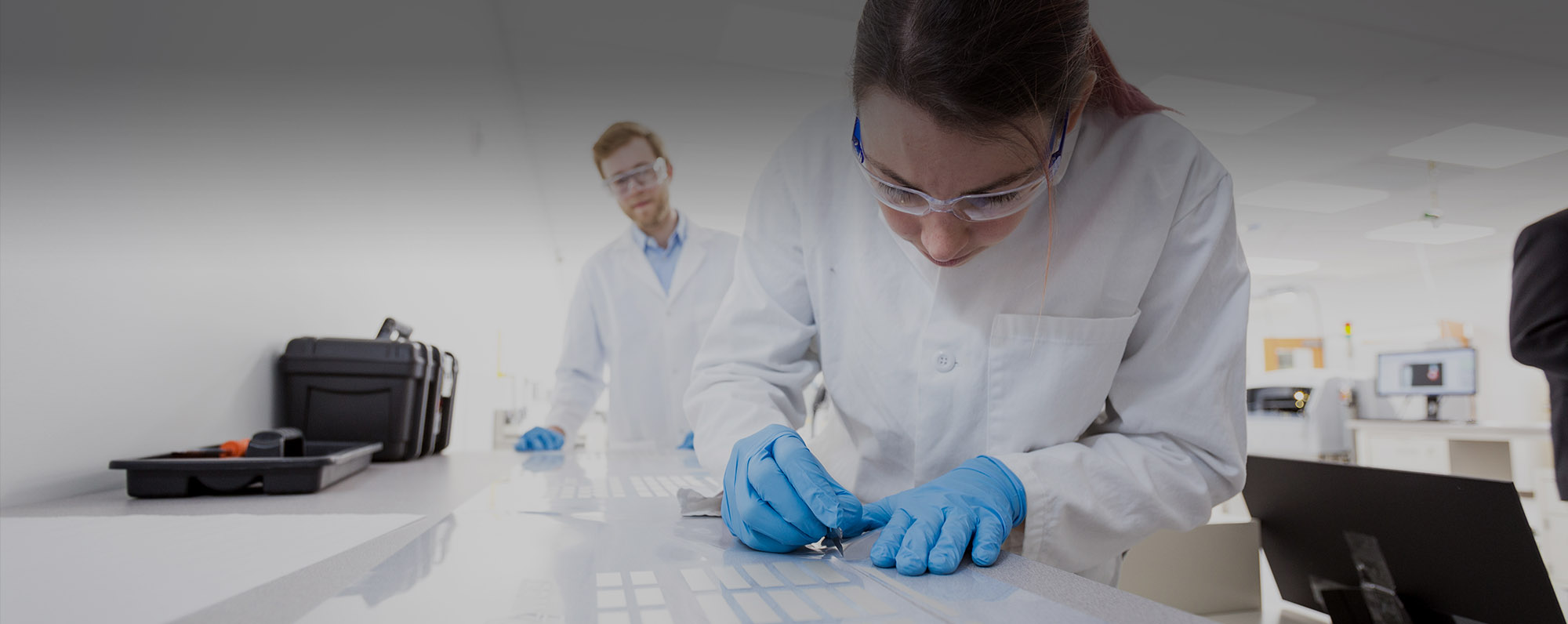
January 7, 2015
CEI faculty member Baosen Zhang was named to Forbes Magazine’s 30 Under 30 list for contributions to the energy industry. Baosen is currently completing his postdoc research at Stanford and will join the UW in the spring. The Forbes list also includes one additional UW engineering faculty member, Shyam Gollakota, assistant professor in computer science and engineering, and one UW PhD candidate, Derek Sutherland. Ten percent of the industry’s best young researchers and entrepreneurs, according to Forbes, are here on the University of Washington campus. Learn more at the links below and with our Q&A with Baosen about his research and interest in power and energy.
Forbes
UW Engineering
UW Electrical Engineering
Q&A with Baosen Zhang
Why does energy/power research interest you?
Power and energy research interest me for two reasons. The first one is the topic is extremely technically interesting. A power system is the prime example of a large scale cyberphysical system, where all components are connected to each other. Yet, we still lack fundamental understanding for some of the most basic problems in power systems. For example, given a set of loads and generators, we don’t know the minimum cost solution of deciding how much electricity each generator should produce to supply all the loads. The second reason is that the energy landscape is undergoing a dramatic change and a lot of our solutions have the potential to make a difference in a relatively short period of time. The combination of doing fundamental work and seeing their practical impact is really exciting for me.
How did you get started or interested in looking at power and energy as a research and career focus?
I would say I was first interested in the broad area of system science when I started graduate school. I spent the first year and half of my PhD working on wireless information theory. However, I wanted to do something different for my dissertation. I tried some other areas, and I was able to make some contribution in power systems and power was the area that most interested me, so I just kept working on power problems. My PhD advisor (David Tse) was at a conference at Cambridge University (UK) when he heard a talk on optimal power flow given by (UW professor) Daniel Kirschen, and thought power would be an interesting area to work on. That was how I first started on this area.
My research on data started in the last year and half. When I first worked on the system, I worked on basic physical problem about the system, and a large part of my research still focuses on the physical layer. But I realized that we can’t separate people from the system, and engaging the customers is really a key part of making the grid “smart”. If used correctly, data can provide us with an understanding of customers that we otherwise just couldn’t get. Of course, some of the data science algorithms we develop can be applied to other settings with understanding people’s behavior is the key to solving problems.
What are some of the future challenges/opportunities you hope to tackle with your research?
There are a lot of questions I want answer. One interesting area is to combine control with new hardware. Traditionally, the grid is designed to be controlled in a top-down fashion, with a few centralized agents making all the decisions. This architecture cannot hard handle all the renewable resources that are coming online, so the agents on the edge of the grid must make their own decisions. Designing and analyzing this decentralized system is a hard problem. On the other hand, devices on the edge have a lot more capabilities than before. Almost all the new devices (electrical vehicle, solar PV, etc.) have power electronics that can be programed to change their behavior. So how do we jointly design control algorithms at the system level and at the device level? What is the right tradeoff between optimizing for the system and optimizing for the individual devices? And how does all of this fit together in a market setting?
Another question I’m quite interested in is the area of causal inference. Take demand response as an example. When an operator sends a demand response signal, we want to know how much energy was saved by each customer to properly reward them. Yet, a simple before and after comparison of their energy usage is not sufficient. Some people would have reduced their energy usage regardless of the signal, and some people with unchanged usage might have increased their usage if not for the signal. So we really want to find the amount of energy saving “caused” by the signal for each individual customer. Interestingly, standard machine learning tools are not suited to answer these types of causality questions. So I’m excited to see if we can develop some new algorithms and gain some new understanding in this area of data science.
Looking ten years ahead, can you predict what the utility system might look like compared the structures we have today?
Looking ten years ahead, I would guess that the utility system would more like the cellular system we have today. Customers can sign with whatever load servicing companies they like, and different providers would offer different plans. Now these providers all need to play in market with different generators to make sure they can supply their customers. So the economics of the problem may give us a new service structure we haven’t seen before. But I do think that there will be a lot more competition in the demand side.
Can you tell me a little more about your personal background? Where did you grow up? Why did you want to join the faculty at the University of Washington? Other interesting info you would want people to know about you?
Sure. I grew up in China, in the ancient city of Xi’an. My family immigrated to Waterloo, Canada when I was in middle school. Both of my parents were professors, but I didn’t dream of being a professor. I wanted to be a professional athlete, but I discovered my talents were really more on the academic side. I’m drawn to UW because of its intellectual atmosphere. There is tremendous support for junior faculties and it’s super easy to collaborate with other people. After spending 10 years in Canada and 6 years in California, I want to strike a balance between the boring/unchanging seasons of California and the cold of Canada. Seattle is the perfect place for that.




